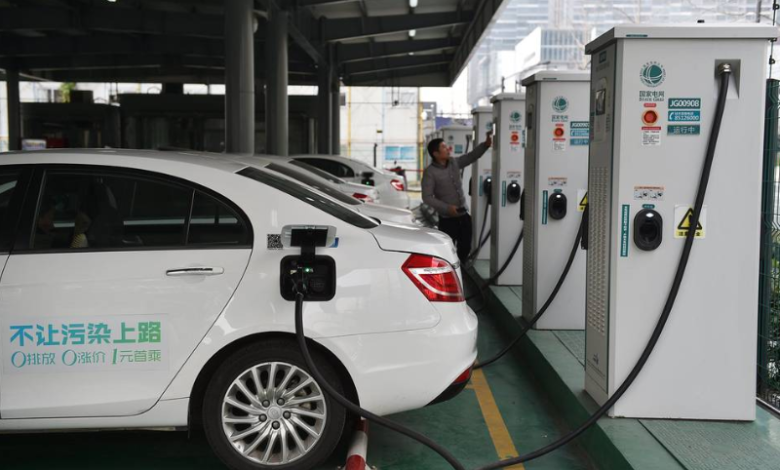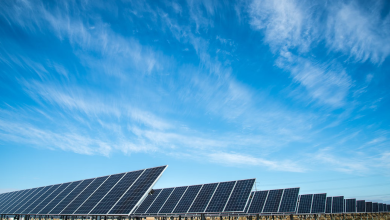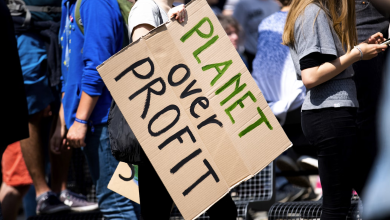China to Limit Key EV Technology Exports, Global Impact Ahead?

As a tech competition with Washington intensifies ahead of US President elect Donald Trump’s inauguration later this month, Beijing is preparing to restrict the export of technology used to extract minerals essential to the expansion of the global electric vehicle (EV) industry.
Along with the proposed limitations on technology relating to the production of lithium and gallium, China also wants to add battery cathode technology to its list of banned exports as per the notice released Thursday by the Commerce Ministry seeking public feedback.
The new additions are anticipated to constitute a subsequent round of export restrictions placed by China on a variety of essential materials and the technology required to generate them which are vital to the production of semiconductors and EV batteries, if they are approved as is likely.
The official Xinhua News Agency said Thursday that the move aims “to strengthen technology import and export management.” During a routine news conference on Friday, Foreign Ministry spokesperson Mao Ning was questioned about the idea and responded, “What we can tell you as a principle is that China implements fair, reasonable and non-discriminatory export control measures.”
Details of the Supply Materials:
The plan was unveiled a month after China completely prohibited the supply of many materials to the United States that are essential for the manufacturing of semiconductors and other technology such as gallium, germanium, antimony and other “super hard” materials. That was in reaction to new export restrictions on semiconductors created in the United States that were put in place by the departing Joe Biden administration.
For elements like gallium, a soft metal frequently utilized to create compounds that can be used to create radio frequency chips for satellite communication and cell phones, China leads the world market. Another element that permeates everyday life is lithium which is used to produce batteries for everything from EVs to laptops and cellphones.
An EV battery requires roughly eight kilos (18 pounds) of lithium whereas an iPhone requires very little. Because of this, any new limitations on lithium extraction technology may be especially crucial as the demand for electric vehicles rises globally.
By 2035, the world is only expected to meet 50% of the demand for lithium. The demand for lithium ion batteries is predicted to increase dramatically over the next ten years with the number of gigawatt hours needed increasing from roughly 700 in 2022 to roughly 4,700 by 2030.



